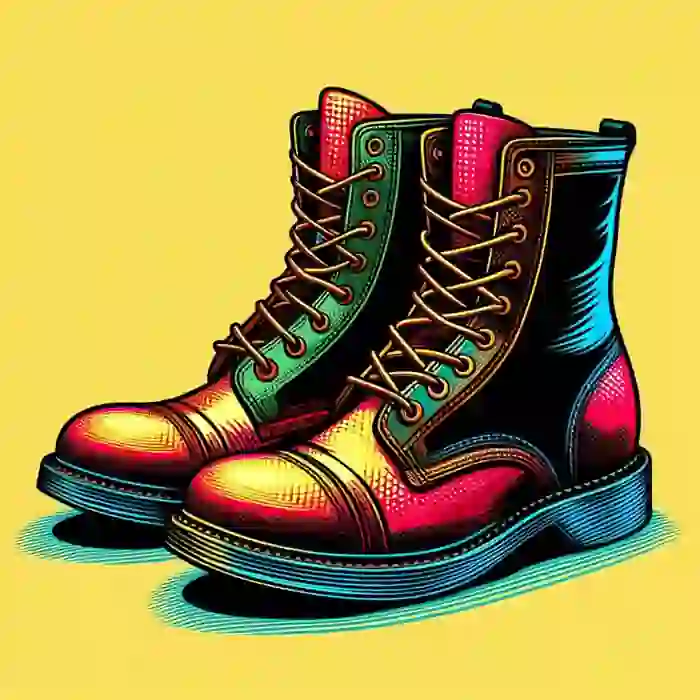José da Silva Coelho
José da Silva Coelho (1889-1944), the most prolific Goan short-story writer in Portuguese, is also, perhaps, the one most completely forgotten by posterity. In the 1920s, however, when he published around 50 of his short satirical narratives in the Goan press, mainly in a column entitled Contos Regionais [Regional Stories], he attained great popularity (and notoriety) with his mordant sketches of the social landscape of Goa at that time.
‘The Hesitations of Damião and His First Love’ (1923) includes a number of topoi and issues that recur throughout Silva Coelho’s work. Three key features worth highlighting here are: a wrongheaded, illusory attempt on the part of the protagonist to overturn a disadvantageous situation; ‘fashion victimhood’, or alignment with attitudes depicted as by that time hopelessly outmoded; and a concluding ambivalent moment of realisation about the true state of affairs. Damião, we learn, has fallen into the habit of wavering when decisiveness is required. The problem is that the humble, hunchbacked Damião is incapable by nature of being any other way, which perhaps reflects certain deep-seated ideas concerning the hierarchisation of society held by the author. There is something within the young Goan’s control however: Damião’s emulation of the Portuguese ultra-romantic poet Soares de Passos (1826-1860), which shows him to be in thrall to a Romanticism that had long fallen from fashion in Europe. The ridiculousness of his failed attempt at suicide debunks the young man’s overwrought navel-gazing, suggesting he should adopt an outlook more attuned to the realities of his surroundings, a proposal that would have had both literary and political implications. Here Silva Coelho echoes certain episodes in Jacob and Dulce (1896), the satirical work by his main precursor GIP (the pen name of Francisco João da Costa (1864-1901), whose biography, concerns and attitudes map quite closely onto Silva Coelho’s. If Damião’s ultra-romanticism is ultimately dispelled by the harsh stench of ammonia, his unrequited love vanishes when the object of his affections – perhaps not inaccurately – takes his outward appearance to represent his inner self. As always with Silva Coelho, who was writing in Portuguese-language newspapers subject to official review, there is no clear-cut message, no epiphany, but we, like his coeval readers, can infer certain undertones for an elite Goan audience waiting impatiently for the Portuguese First Republic (1910-1926) to grant its colonies the autonomy it had promised, even as Indian nationalism, with Gandhi at the head of Congress, gained momentum in the neighbouring territories of British India.


